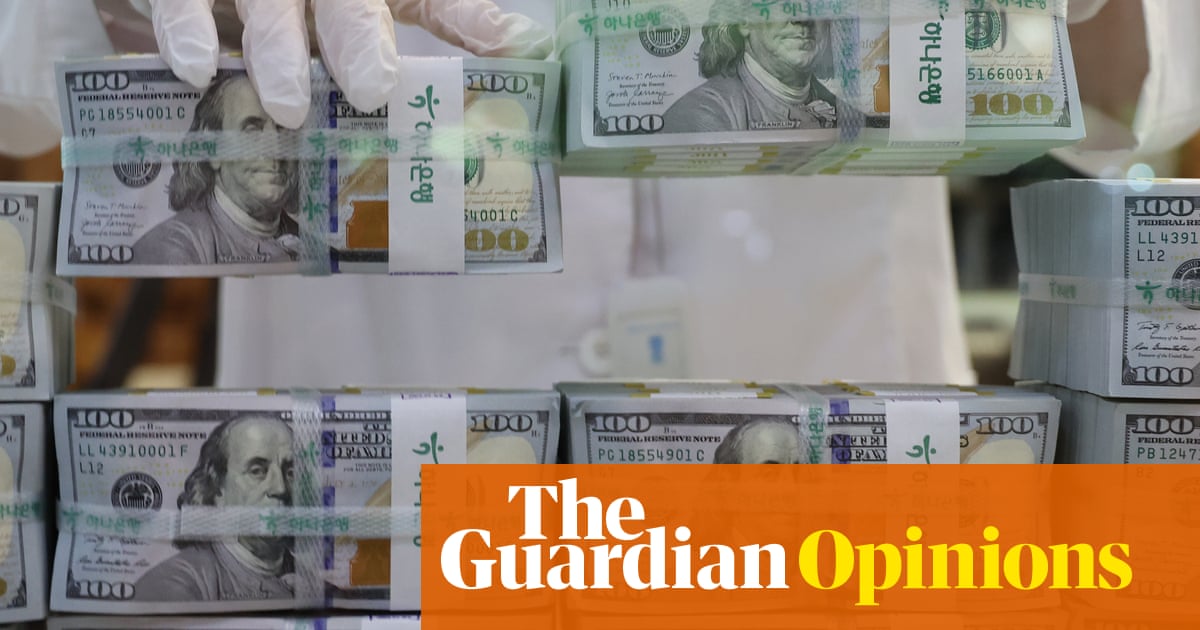
"Nations across the global south are pushing back in a determined effort to reclaim their sovereignty. In Africa, particularly the Sahel region, a quiet revolution is gathering steam."
"Today, that supremacy is facing growing resistance from multiple directions - from African revolutionary movements to economic recalibrations in Europe, and from the counterbalance efforts of Brics nations."
"At the heart of the de-dollarisation movement is Brics - the economic bloc of Brazil, Russia, India, China, South Africa, which has surpassed the G7 in terms of purchasing power parity."
"Brics has increasingly moved to conduct bilateral trade in national currencies, bypassing the need for US dollars. India and Russia, for instance, are now trading oil in rupees and rubles."
For over 80 years, the US dollar has been the dominant global reserve currency, solidified by the Bretton Woods agreement in 1944. This dominance is now contested due to rising resistance from various factions, including Brics nations and movements in Africa. The Brics bloc, comprising Brazil, Russia, India, China, South Africa, and others, aims to reshape the global financial landscape by conducting trade in national currencies, thereby diminishing reliance on the dollar. The recent geopolitical events, such as Russia's invasion of Ukraine, have accelerated these efforts toward a multi-polar monetary system.
Read at www.theguardian.com
Unable to calculate read time
Collection
[
|
...
]